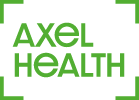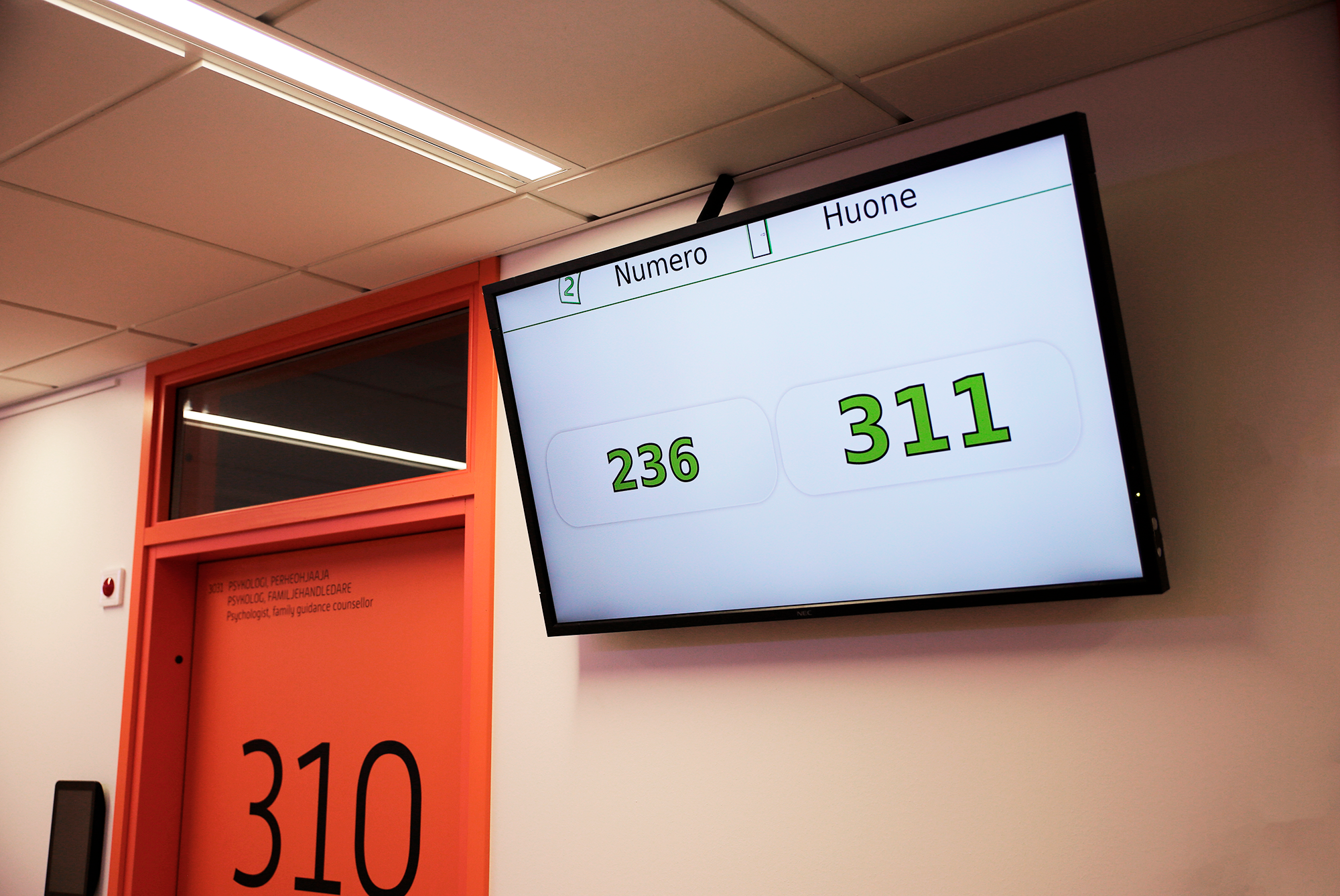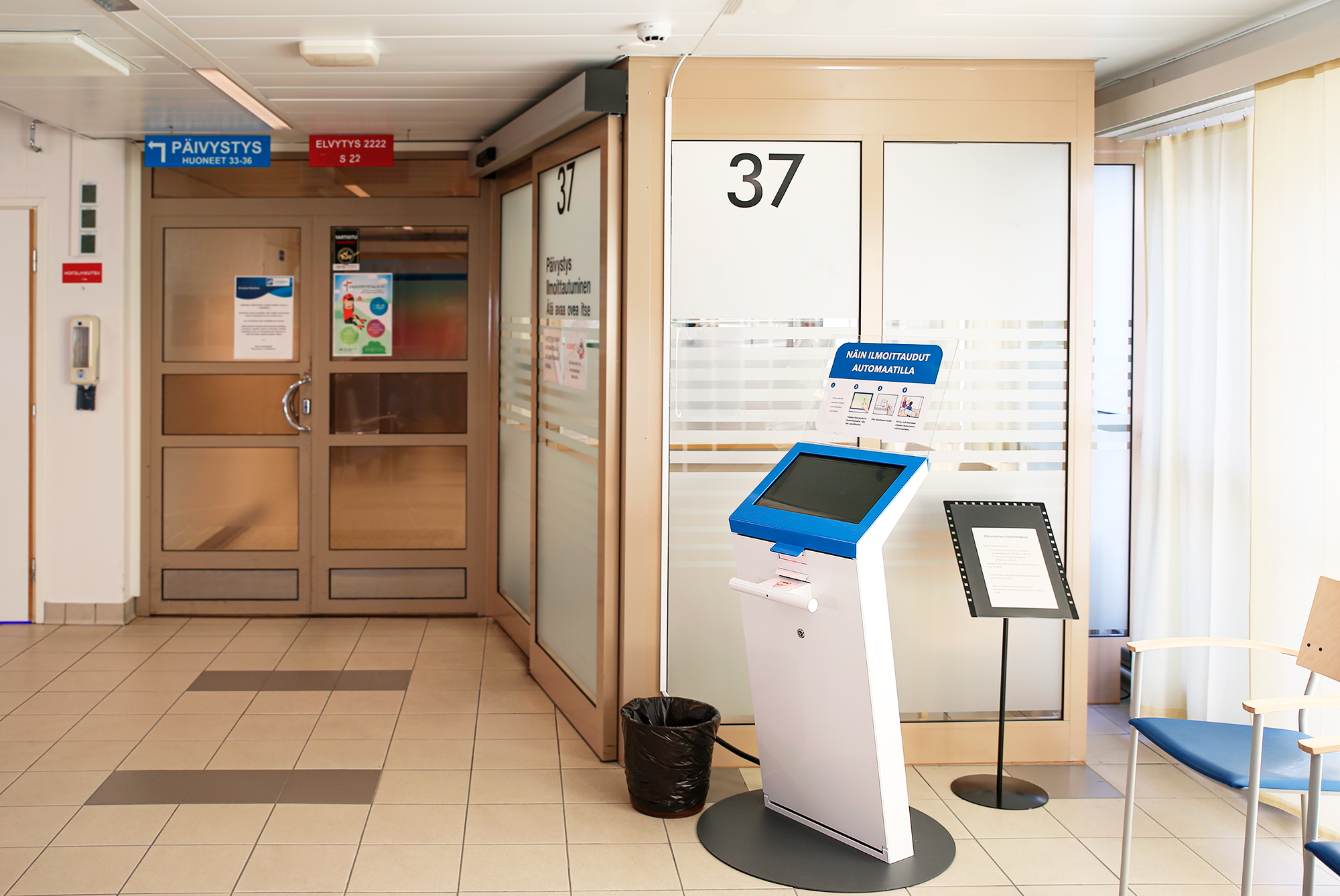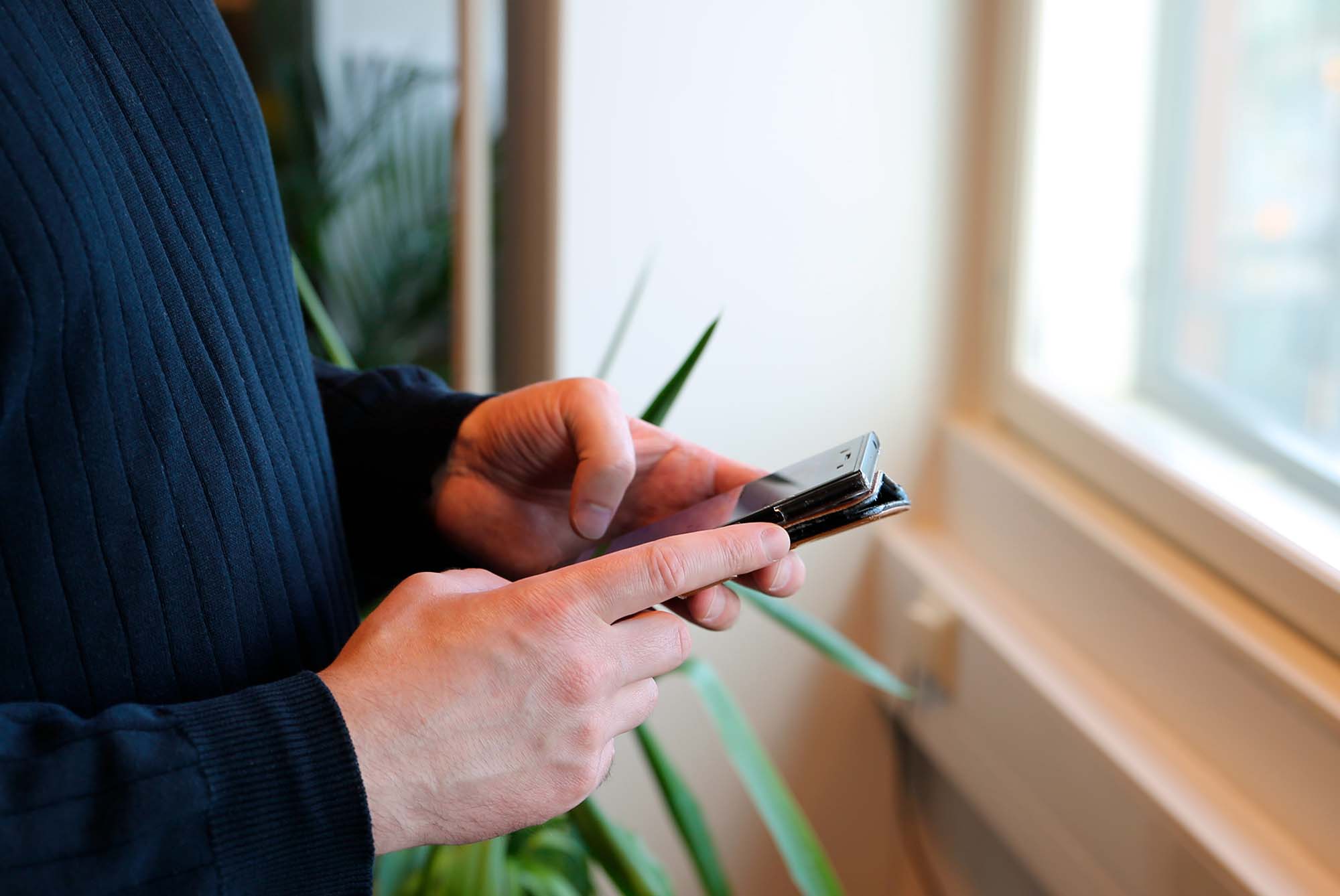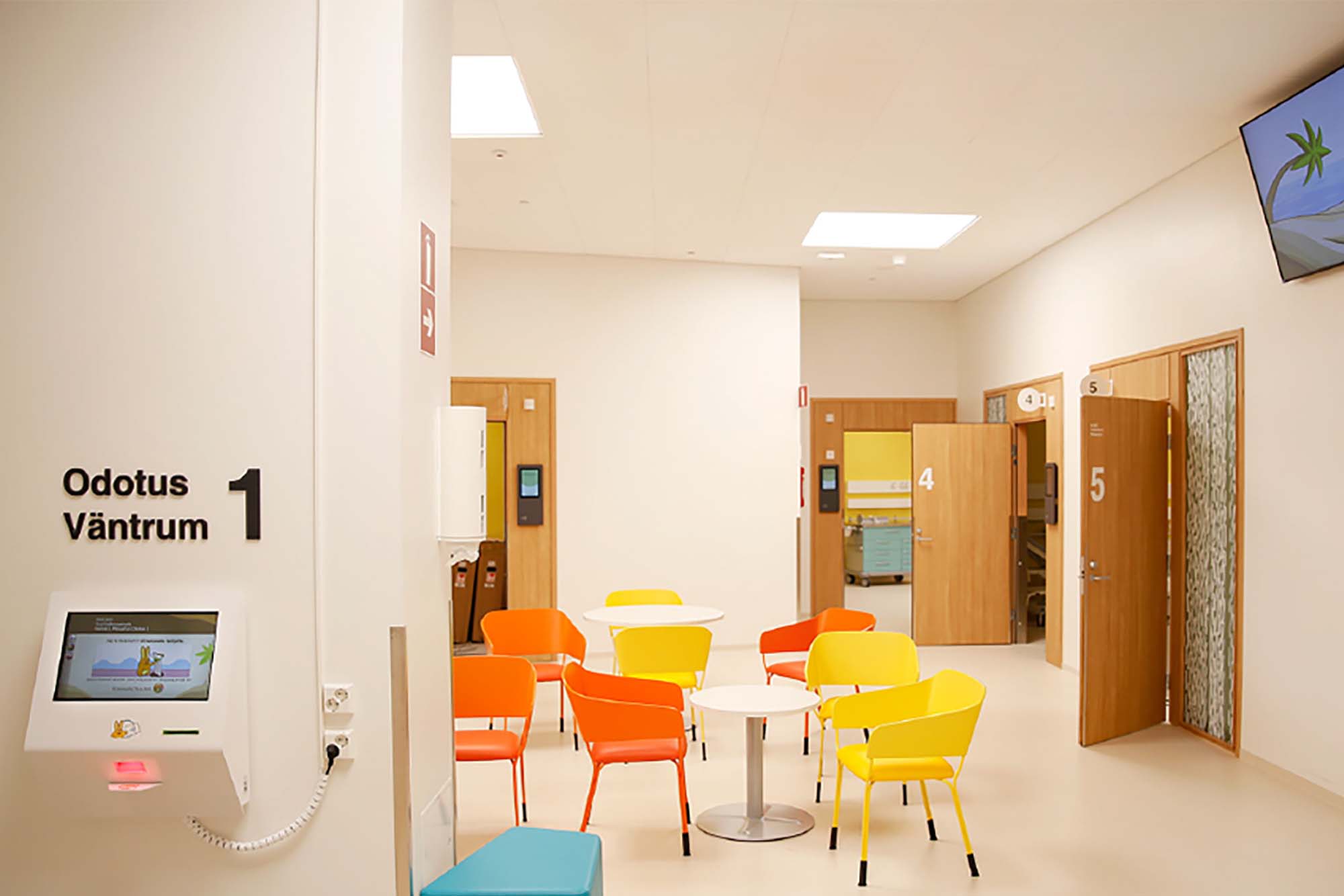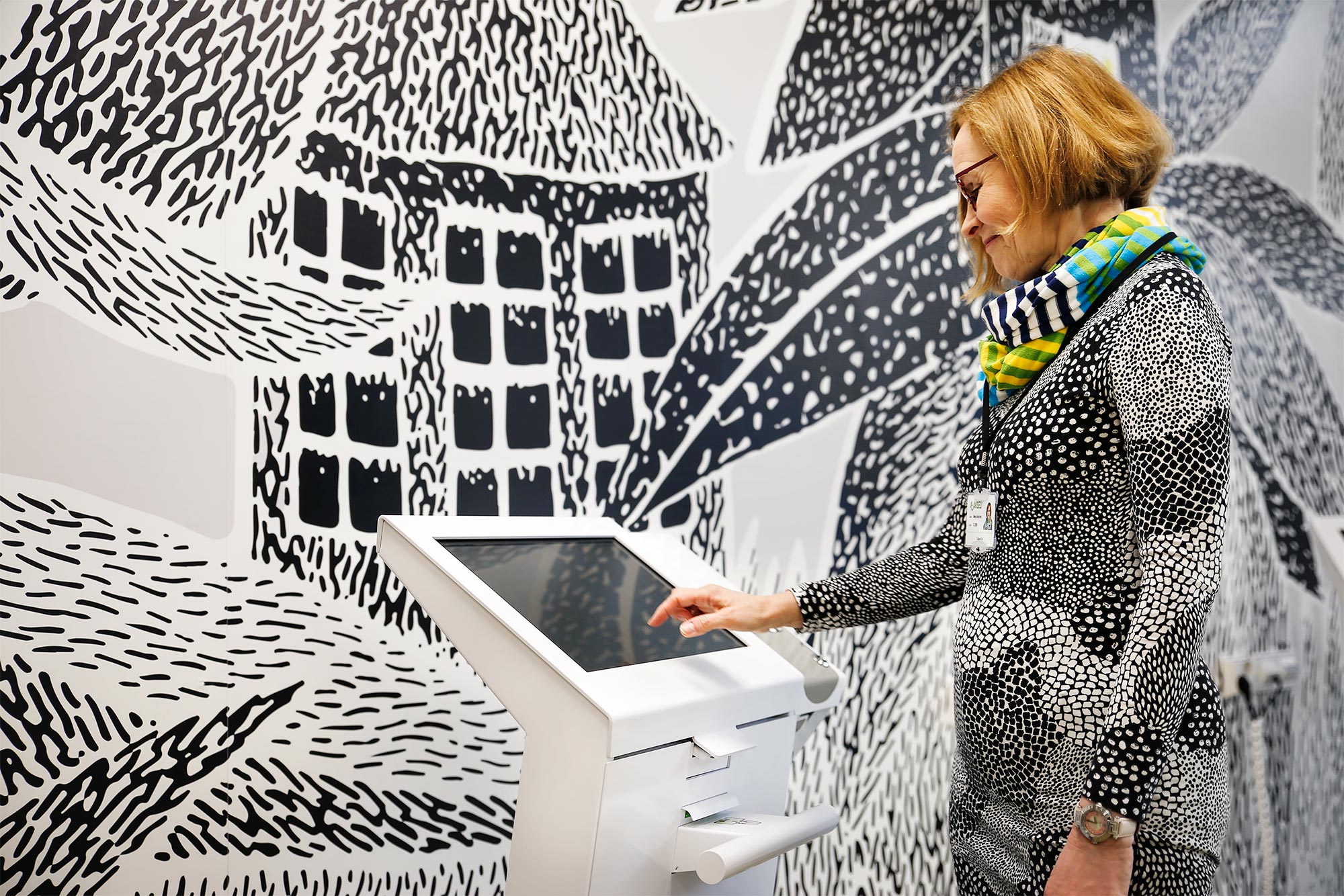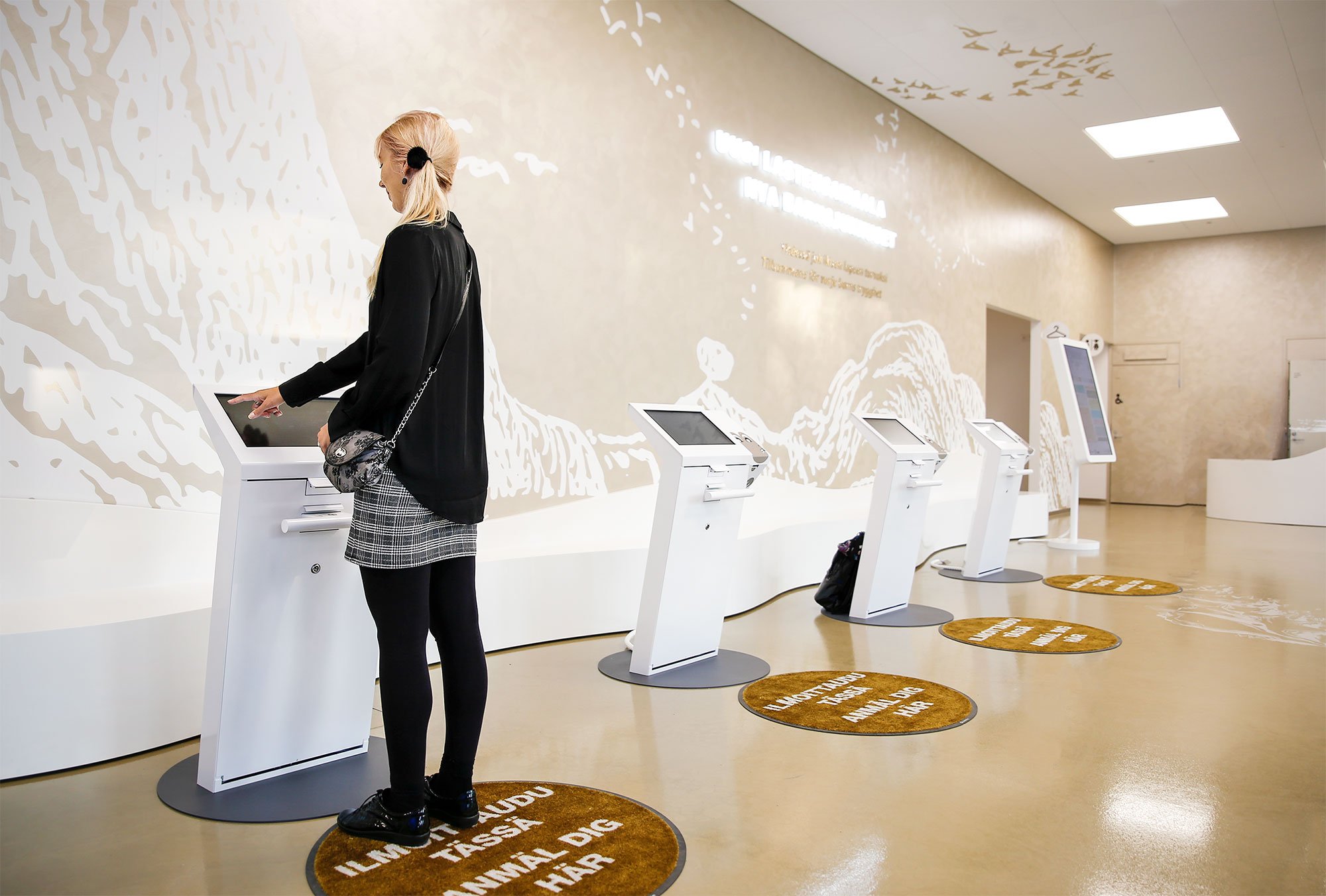Automation in hospital emergency departments brings significant benefits to both patients and healthcare professionals. However, these benefits are not limited to triage. Automation also provides significant advantages in the processes that follow this initial evaluation. In this blog post, I continue from my previous write-up on automating the check-in processes in emergency departments, and we delve more into how automation can streamline operations and improve patient experience post-triage.
2 minutes
The role of automation in emergency departments post-triage
Author Ilari Laaksonen Jun 19, 2023 10:29:45 AM
Topics: Self service Axel system Axel Planner mobile check-in Axel Encounter patient experience treatment path self check-in self-service kiosk digitalization in healthcare automation self-service solution emergency unit triage
4 minutes
How automation can help emergency units improve efficiency and patient experience
Author Ilari Laaksonen Apr 24, 2023 3:20:40 PM
Emergency units in hospitals are often busy and chaotic environments where patients require prompt attention for a wide range of medical conditions. One of the most critical parts of the emergency care process is the check-in process, which involves collecting patient information, assessing the severity of their condition, and prioritizing treatment based on urgency. However, the check-in process can be time-consuming, leading to longer wait times for patients and increased workload for hospital staff. In this blog post, we will explore how automating the check-in process can help emergency units improve efficiency and enhance the patient experience.
Topics: Self service Axel system Axel Planner mobile check-in Axel Encounter patient experience treatment path self check-in self-service kiosk Axel Mobile Encounter digitalization in healthcare automation self-service solution emergency unit
2 minutes
Tips and tricks for healthcare: How to avoid unnecessary interactions during pandemic
Author Ilari Laaksonen Mar 3, 2021 12:08:21 PM
In healthcare, one of the biggest challenges has always been the organization of diagnostics and treatment of contagious diseases in hospitals and health centers. It’s effective to focus complex healthcare actions requiring a lot of professionals and equipment under one roof. At the same time, because of this way of organizing, a large number of people having an infectious disease, such as influenza or Covid-19, may be sitting in the same waiting room. In that room, one patient can expose many other people to the disease, although a health center should be a place to seek cure for illnesses, not the other way around.
Topics: patient flow management mobile check-in digitalization in healthcare remote appointments
2 minutes
How to be prepared for the second wave of the pandemic in healthcare organizations?
Author Ilari Laaksonen Aug 21, 2020 9:07:53 AM
After being stuck at our homes for the first half of the year avoiding human contact, we’ve all experienced a growing need to be in physical contact with each other. During the hot summer days, beaches, restaurants and nightclubs have been filled with happy people. Mentally, the summer has been good for many of us but the contact with other people has had a negative impact on the management of the corona pandemic.
Topics: Self service mobile check-in Axel Encounter
3 minutes
What are the benefits of mobile check-in compared to traditional self-service kiosks?
Author Ilari Laaksonen Jul 12, 2020 10:19:19 AM
In many healthcare organizations, self check-in to appointments has become a daily routine. Self check-in has clear advantages – it saves healthcare resources from being tied to support-related tasks. Instead, healthcare personnel can focus on more meaningful work.
Topics: Self service mobile check-in patient experience digitalization in healthcare Axel Encounter Axel Mobile Encounter
4 minutes
10 methods to enhance treatment experience with automation
Author Ilari Laaksonen Jul 12, 2020 8:58:12 AM
The idea of digitalization, automation, and self-service solutions is to reduce employees' workload and routine tasks and to allow them to focus on more meaningful work. Especially in the healthcare sector, there is a clear need for automation - the main task of healthcare professionals is to care for patients and to spend as little time as possible on non-essential bureaucracy and paperwork.
